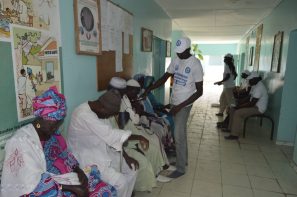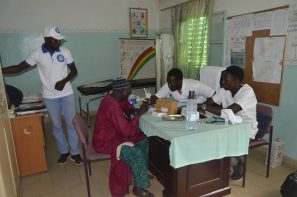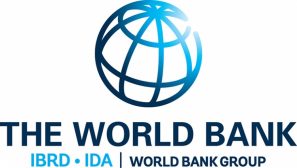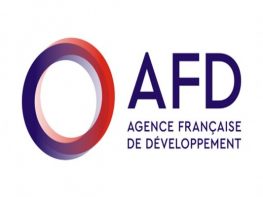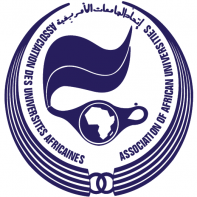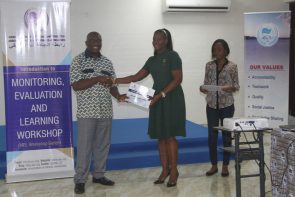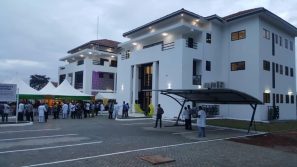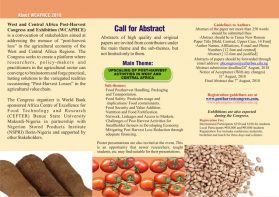The West Africa Center for Cell Biology of Infectious Pathogens (WACCBIP) hosted its third annual Research Conference from July 18 – 20, 2018 at its new office complex in the University of Ghana.
The Conference which aims to showcase the talent and quality of young African scientists and to provide a platform for the dissemination of research conducted by fellows at the Centre and by visiting scientists from its global network of collaborators.
The three-day conference held under the theme “Translating Molecular Research into Healthcare Solutions for Africa”, brought together world-class scientists from Africa, Europe, and North America, who conduct research into tropical diseases, including malaria and Buruli ulcer, that are prevalent in Africa. The conference afforded young scientists at the Centre the opportunity to interact with seasoned scientists, giving them better insight into their research projects and opening them up to new perspectives from experienced researchers.
In his welcome address, Director of WACCBIP, Prof. Gordon Awandare, explained that the Centre was established with the vision to build and support development of dynamic and internationally competitive talent. He reiterated the Centre’s commitment towards the provision of high-end facilities suitable for advanced training and research and cited the construction of the new WACCBIP building as one of the key achievements towards reaching the Centre’s overarching goal.
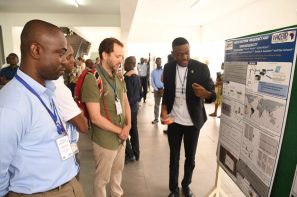
He also highlighted the achievements of the Centre saying, “Since we started, we have given fellowships to 90 master’s students, 50 PhD students, and 12 postdocs. That is the largest biomedical training research programme in West Africa. Nobody has done that in the last four years.”
He further entreated Government to provide incentives to encourage the creation of research units in the private sector to absorb the pool of research scientists produced by research institutions across the country.
Also speaking at the event, Professor Keith Gull, Professor at the Sir William Dunn School of Pathology at the University of Oxford and Chair of the WACCBIP International Advisory Board, was impressed with WACCBIP’s sustained development of its research and training activities since its establishment.
He explained that WACCBIP’s vision does not end at training scientists but extends to ensuring that their training is translated to relevant research output for the future.“It has always been the vision of WACCBIP and the Department to balance research and teaching, and that is really a critical part of a research-led education. Some of you are here for a degree; a master’s or a PhD. I think that’s one of the least important things about what you’re doing at WACCBIP. You’re not here [only] to get a degree; you are here to engage and end up with something far more precious; it’s called an education.” Prof. Gull said.
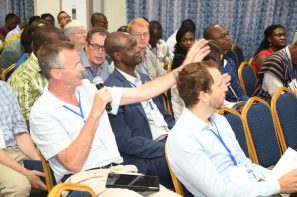
Prof. Francis Dodoo, Pro-Vice Chancellor of Research, Innovation and Development at University of Ghana, who chaired the opening ceremony, expressed his delight at the impact WACCBIP has made in mobilising resources to attract a high calibre of scientists to the University.
He said, “WACCBIP is demonstrating precisely the impact an African Centre of Excellence can have by way of contributing to the transformation of our University. This is in line with [the University’s vision of] attaining world class status with respect to quality, quantum, and impact of research.
He added that WACCBIP played an important role in the reorganisation of ORID’s activities as they allowed for collective cultivation of the Centre’s resources within the University.
Other speakers at the event were Dr. Ben Botwe, President of Pharmaceutical Society of Ghana and Dr. Lydia Mosi, Head of Department of Biochemistry Cell and Molecular Biology.
The West African Centre for Cell Biology of Infectious Pathogens (WACCBIP) was set up in 2013 with funding from the Government of Ghana through World Bank’s Africa Higher Education Centres of Excellence (ACE) Project. Since its inception, WACCBIP has grown into a leading Centre of Excellence, building global partnerships with world-class research institutions and funding organisations. The Centre aims to improve diagnosis, prevention, and control of infectious diseases in sub-Saharan Africa by providing advanced-level training and research excellence on the cell and molecular biology of infectious pathogens.
